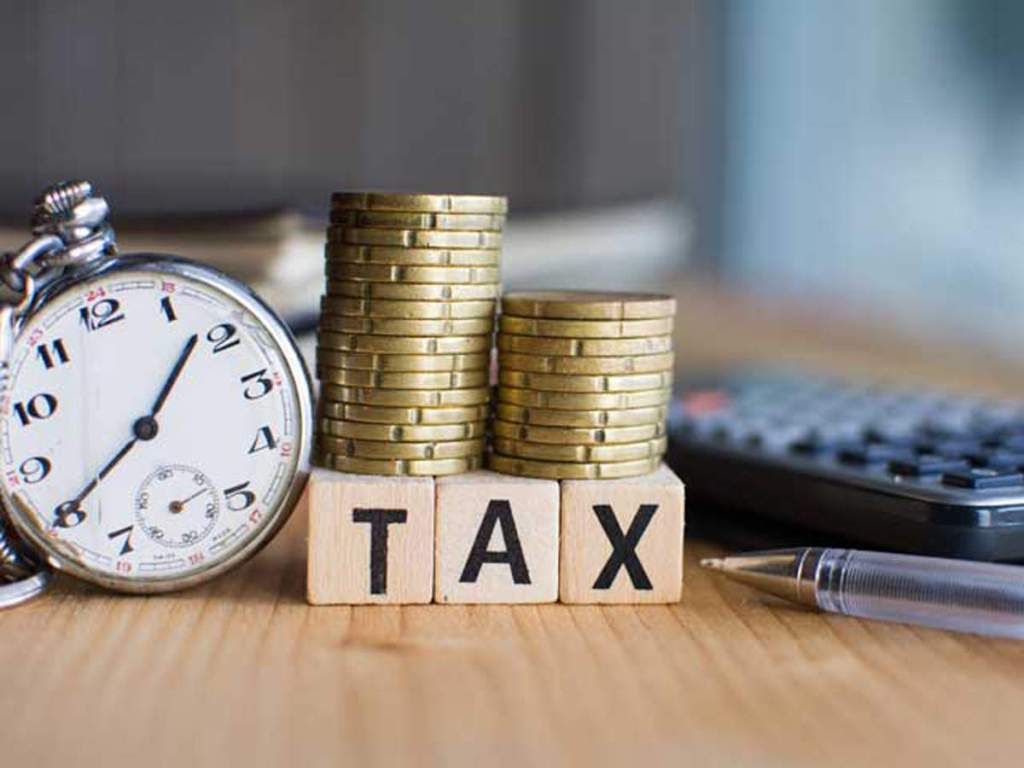
Comprehensive Detailing about Professional Tax
Professional Tax is a tax charged by the State Government on every earning member irrespective of medium of earning. This shouldn’t be mixed up with professional definition like lawyers, doctors, etc. Every individual drawing a salary is bound to pay this tax to the government through their employer. Every salaried employee will notice a certain percentage of deduction applied to their payslip in addition to other elements like conveyance, breakdown of the basic salary and HRA. The amount usually deducted is Rs. 200 under the term, Professional Tax. This nature of tax is generally different between each states in the nation and in some states this deduction is completely eliminated. The maximum limit that is set for deduction of this tax annually is Rs. 2500.
Variation of Professional Tax for Diverse People

As discussed earlier, Professional Tax is a tax charged by the State Government and every state charges differently. Each state proclaims a range and the deduction of this tax depends completely on the set range. No Professional Tax is being levied in many union territories and states in the nation. This payment is deducted by breaking down the yearly Professional Tax to be paid as 12 instalments on a monthly basis, wherein February is a month with exception with a higher tax amount when compared to other months.
A situation might arise where the inflow of income is from different other sources which falls under various other sectors, will also become liable for an individual tax. For example, a transport business owner will be liable to pay Professional Tax payment of Rs. 50 for every vehicle owned by him or her, subjecting to a capping of Rs. 1000 in a year.
The Professional Tax Collectors
Professional Tax is collected by every employer by deducting a small amount from every month’s salary of their company employees. The collected amount is then paid to the State Government by the employer themselves on behalf of their employees. If there is a failure in doing so, the employer can be charged a huge penalty for firstly, not deducting the amount from their employees and secondly, not paying it on time to the government.
A professional who is self-employed can pay their Professional Tax on their own by filling out a form and registering themselves. Once the filled form is received, a number for registering would be received by the professional. With the help of this registration number, the individual can approach a bank to pay his or her Professional Tax. In certain states, the government grants a rebate, if the tax amount is paid one shot for a few years. But an enquiry is to be made with the state before the Professional Tax is credited as a whole.
Professional Tax Area of Application

There are certain rules and regulations that control Professional Tax, such as
- A company requires two kinds of certificates when it comes to Professional Tax. They are
- Professional Tax Registration Certificate, is needed for its position as an employer
- Professional Tax Enrolment Certificate, as an authorisation to deduct the amount towards
- Professional Tax from the salaries of the employees every month.
- Within 30 days of attaining the eligibility to pay Professional Tax, the company should achieve the Certificate of Enrolment.
- Employers will be levied with a heavy penalty charge by the Government, if they fail to pay their employees Professional Tax.
- For companies having branches in different states will be required to submit separate applications, depending on the requirements of the state where the branch is established.
- Companies having employees who are foreign nationals are not liable to pay Professional Tax.
- On the other hand, an Indian national working for a foreign diplomatic company, consulate or embassy, will be liable to pay Professional Tax with the offices requiring to attain the Registration certificate for the same.
Employers breaching the regulations pertaining to Professional Tax will be levied with a charge of 2% monthly for delay in payment and 10% in addition to the former for non-payment of the tax. A delay in getting the “Certificate of Enrolment”, carries a penalty of Rs. 2 on a day-to-day basis. If the information provided during the time of registration or enrolment is incorrect levies three times the amount of tax that needs to be paid. There are certain states who also levy a charge of Rs. 300 for every delayed filing of returns.




